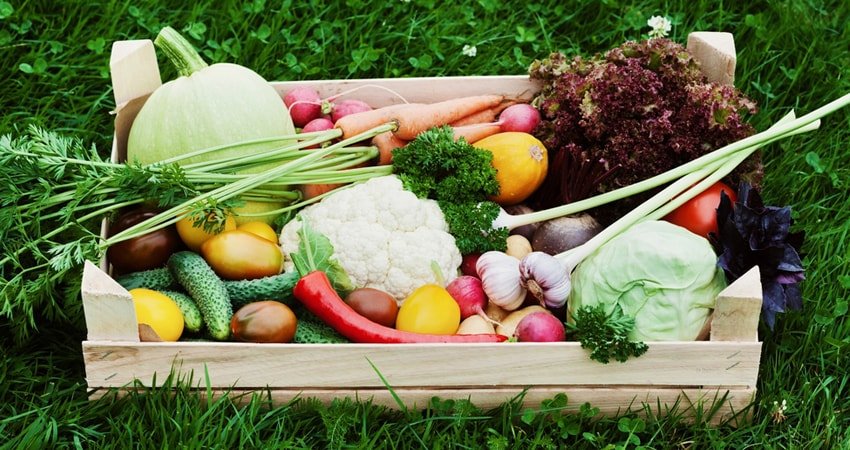Whether it’s because of lactose intolerance, difficult digestion or other types of dietary beliefs, more and more people are choosing to replace traditional cow’s milk with plant-based beverages, also known as plant milk.
Certainly, cow’s milk remains the most popular based on retail sales. But according to data, plant-based milk sales reached an estimated $2.95 billion last year. That’s 54 percent more than five years ago.
In recent years, plant-based milks have gained a reputation for being healthier, although this reputation is somewhat ambiguous and has many nuances. There are studies that defend the benefits of cow’s milk and others that show that non-dairy beverages are better in other ways.
“In general, these non-dairy milks have been touted as healthier and that’s not necessarily the case.” So says Melissa Majumdar, a spokesperson for the Academy of Nutrition and Dietetics, in an interview with The New York Times.
Is This Type of Milk Good for Me?
When it comes to nutrition, the best test is to look at the nutrition labels. While it’s true that plant-based milks have many benefits, some brands may not be as healthy as they seem.
For example, check to see if it’s a fortified drink, how much added sugar it contains and plan carefully how you’ll combine it with the rest of your diet.
While many non-dairy milks are fortified with many of the same nutrients as cow’s milk, not all are. In fact, many of them don’t provide enough of some essential nutrients, such as protein, potassium and vitamin D.
That said, non-dairy beverages can be important alternatives for people with milk allergies or intolerances, or for those who avoid dairy for other reasons. And they can be part of a healthy diet, as long as you make sure you get the same essential nutrients as cow’s milk.
Types of Plant Milk
According to SPINS, a market research company, the six most popular non-dairy milks in the U.S. based on sales data from last year are almond milk, oat milk, soy milk, coconut milk, pea milk and rice milk.
Almond milk is the most popular non-dairy milk. According to SPINS, a cup of the unsweetened version has only 37 calories – about a quarter of the amount in whole milk – and 96 percent less saturated fat.
However, when it comes to protein, it contains only one gram, compared to 8 grams for whole milk. If you are allergic to nuts, experts recommend avoiding it, as it can cause a reaction.
Oat milk has had the second largest increase in sales: up 182 percent since 2020. Although it contains less fat and fewer calories, the brands on sale contain an average of 7 grams of added sugars (regular milk does not) and only 3 grams of protein.
In this case, it is healthier and more advisable to simply eat oatmeal, or make your own oatmeal drink without added sugar.
As for pea milk , it is known to be rich in protein (8 grams per cup), and unsweetened versions contain about half the calories of whole milk, and only half a gram of saturated fat.
For many people, pea milk is one of their favorite options, but which beverage to include in their diet depends on each person and their nutritional needs.
As we always tell you, the best thing to do is to consult a nutritionist, tell them your expectations and dietary goals, and decide if plant milk is right for you. But for now, what are your thoughts on plant-based milk and do you think you are going to replace your cow’s milk soon? Let us know in the comments below.


